- Kimberly Mc Rae
- No Comments
Introduction
I’ve always loved road trips. There’s something about the open road and the freedom to explore that fulfills me. I’ve driven thousands of miles in the United States and Canada and visited 7 countries as a vacationing tourist. Embarking on an 11-month road trip through Mexico was a journey that not only took me through stunning landscapes but also through the depths of language learning. There were humbling moments on my trip that ignited my determination to become conversational in Spanish. My journey eventually led me to the doorstep of an online Spanish language school after I experienced the frustration and challenge of a language barrier.

The first barrier I faced
Not knowing the language of the country you are visiting can lead to various challenges and difficulties. The most obvious frustration is the inability to effectively communicate with locals. This can make it challenging to ask for directions, order food, or seek help in case of an emergency. It can lead to misunderstandings and frustration on both sides. On my first day in Mexico, I couldn’t figure out how to activate my electronic toll pass. I spent an hour with a convenience store attendant using Google Translate to figure out what the problem was. Although she was patient with me, we couldn’t identify the problem, and I felt like such a burden that I didn’t want to continue problem-solving so I scrapped the toll pass altogether. I wasted the money I spent on the pass and accepted that I would have to have enough pesos on me at all times and wait in line at every toll station to avoid further embarrassing language issues.
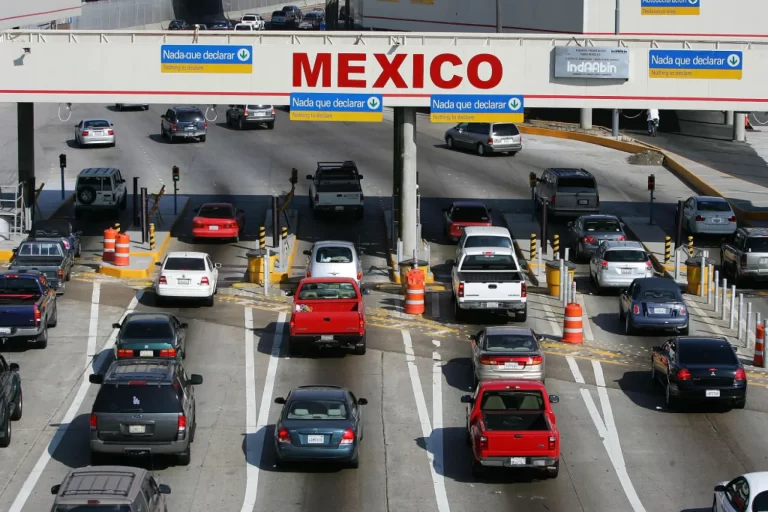
Insolated and disconnected
We take for granted that language is a key tool for connecting with people and forming relationships. Not knowing the language can make you feel isolated and disconnected from the local culture and community. In December of 2022, Christmas was quickly approaching and I was the only American at a busy campground in Chiapas. Because I felt like I couldn’t integrate with the other campers because of the language barrier, I chose to avoid conversing with them for almost two weeks. Thankfully, a friendly camper from Spain who spoke English invited me to the campground pitch-in for Christmas dinner. The shared dinner was such a wonderful experience of meeting new people and trying other countries’ cuisines, that it would have been a shame to miss the event and spend the holiday alone solely because of my insecurity.
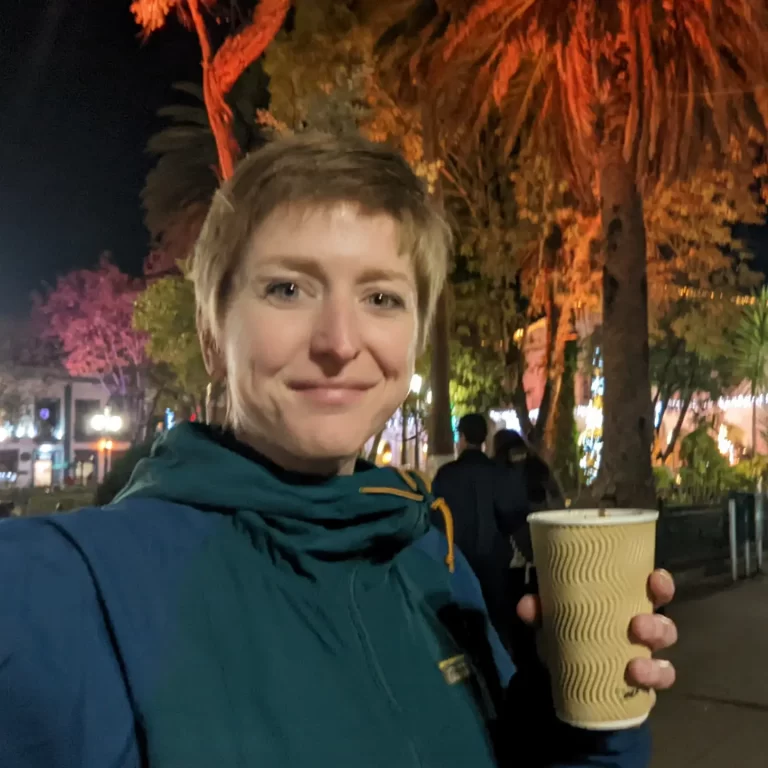
Misunderstandings
Relying on others for basic tasks like reading signs, using public transportation, or making simple purchases can be frustrating and make you feel dependent on others. In Oaxaca City, I needed to take a colectivo (public bus) back to my campground after the taxi service refused to take me outside the city. However, I didn’t understand how the public transportation system worked. I knew what bus stop I needed to get to, but I didn’t know which bus to board. I spent an hour at a single bus stop asking bus drivers and other passengers which bus I needed to take, not understanding their responses fully, and eventually getting back to camp well after dark.
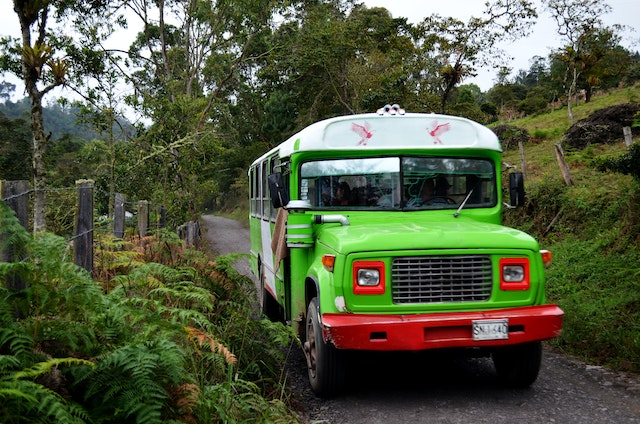
On the road
Navigating a foreign country becomes much more challenging without language skills. Getting lost, missing important information, or being unable to read street signs and maps can be incredibly frustrating. Road signage in Mexico isn’t as reliable as signage in the US so being able to read the signs that are present is critical. I once drove on an unfinished highway before realizing it would end abruptly with no warning signs. I had to do an embarrassing multipoint turnaround in my RV to get back on the appropriate highway. I could not safely use my phone to translate the signage with a tool like Google Lens while driving. Additionally, using your phone in a moving vehicle in Mexico without a hands-free device is a violation.
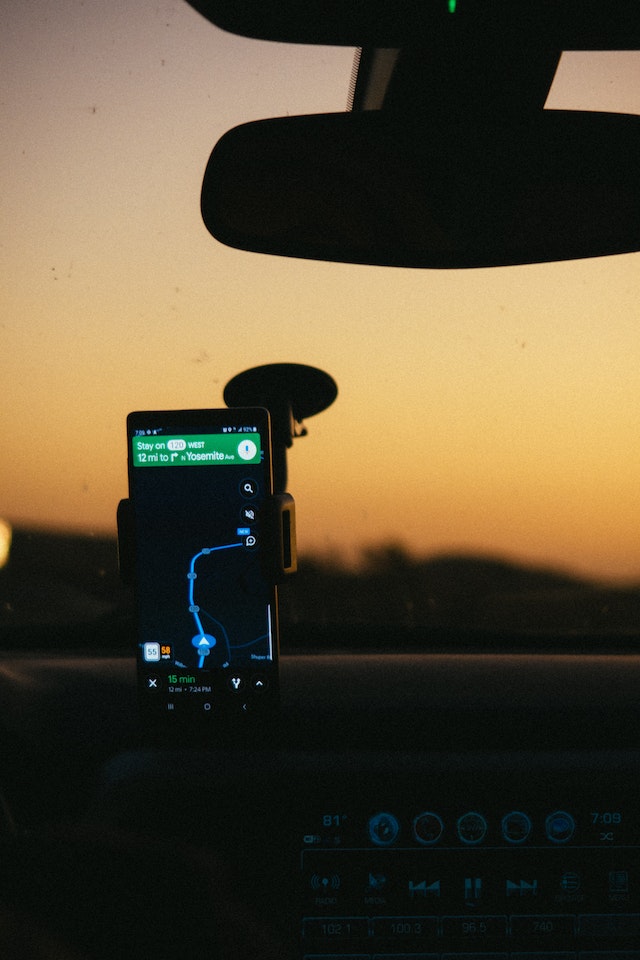
Being Vegetarian
Dining out can be a fun part of travel, but it can also be a source of frustration when you can’t understand the menu, have dietary restrictions, or need to convey specific preferences or allergies to the waitstaff. I am vegetarian, which posed challenges in ordering food in smaller towns and roadside food stands. Although Mexico is the Latin American country with the highest number of people who follow plant-based diets, knowing what ingredients to ask for was critical in accessing vegetarian food in Mexico. If I asked a street vendor if vegetarian food was available, I was frequently told “no,” but when I was able to ask if specific vegetarian ingredients were available, I was more likely to walk away with food that met my dietary needs. For example, at a local taco stand in San Miguel Allende, I was told there were no vegetarian dishes available. After telling the cook the vegetables I could eat, I had a delicious and unique dinner of potato-filled tacos with pickled vegetables!
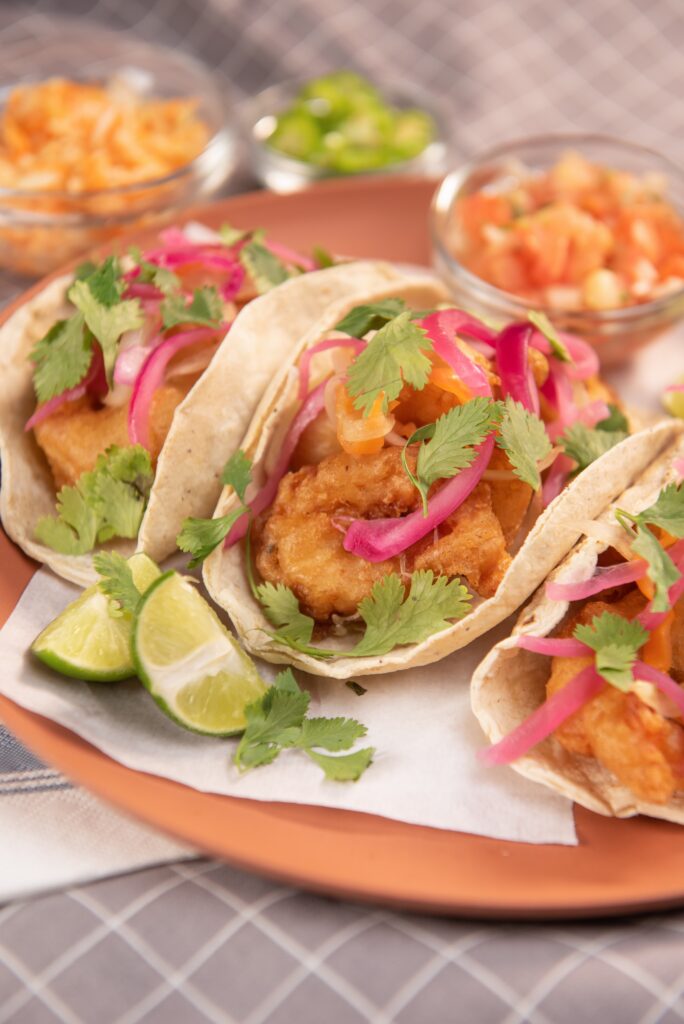
Emergencies
In emergencies, not being able to communicate effectively with local authorities, medical personnel, or first responders can pose serious safety concerns. In Merída, a teenager on a scooter was hit by a driver who claimed they did not see the teen because my parked RV blocked their view. The police attempted to interview me, but I could not communicate with them. Thankfully, a local volunteered to represent me and I was able to leave the scene safely and with no penalties. I also experienced a hurricane while I was in Mexico and didn’t know which media outlets to reference for safety measures and updates. I was able to use the Spanish-speaking skills I’ve developed to get pertinent information from locals and used apps that I could translate unfamiliar words.

Local and cultural experience
You may miss out on local experiences, events, or cultural insights if you can’t participate due to language barriers. This can be particularly frustrating if you’re passionate about exploring and learning about the destination. I went to a safari park in the state of Tabasco but the tour guide only spoke Spanish. I was interested in what he had to say, but could only understand about 25% of his words so I didn’t get the experience I could have had I understood the language better.
The feeling of helplessness that comes with not understanding the language can be emotionally taxing and lead to frustration and anxiety. Overall, not knowing the language of the country you are visiting can hinder your travel experience and lead to a range of frustrations. However, it’s also an opportunity to learn and adapt, and many people find that even with language barriers, they can still have meaningful and enriching travel experiences.
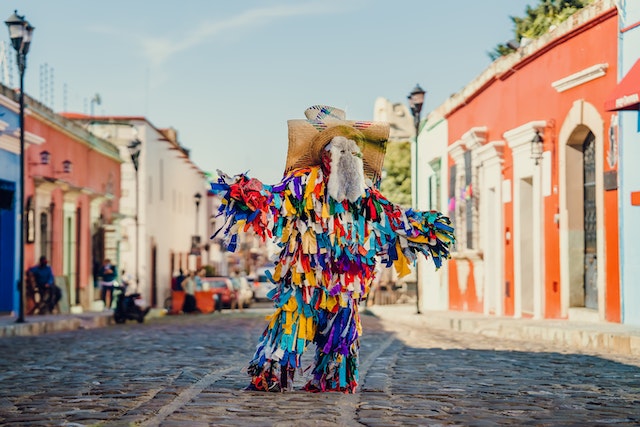
So, what is immersion for?
Immersion helped me with understanding what was being spoken but did not improve my ability to form coherent sentences. I relied heavily on the context of the situation to understand what was being communicated, but the context wasn’t enough to be able to respond. I had many friends offer to speak Spanish with me, but exposure wasn’t what I needed. I needed structure and a formal learning plan. I needed milestones and small wins to keep me engaged and confident. I needed to be confident in saying “I don’t understand” instead of smiling and nodding to be avoidant.
I desperately needed to be free from technology to communicate in the moment. When I was self-teaching with books, YouTube videos, and free apps, my reading and listening skills improved but speaking remained a huge barrier for me. Once I was in Mexico, I found the phrases I had learned from free resources were generic and not the same colloquialisms used by locals.

Self-learning methods
Language learning apps primarily taught me vocabulary while books taught me to memorize. Online videos taught me beginner principles and Google taught me literal translations. None of these methods applied to the daily use of the Spanish language and I grew more insecure in my ability to speak Spanish.

Learning with peers
I knew I needed a dedicated mentor, a professional. I signed up for an online group class that met every weekday for 21 days. I realized that what I learned in group class allowed me to apply those lessons in the real world. The class was helping me understand the language and not just memorize. From that moment, I wanted to run toward the challenge instead of away from it.
I wanted to stay in Mexico as long as I was in class so I could put into practice everything I was learning. The group setting held me accountable and gave me the sense of camaraderie I was lacking in self-study. I was so energized by Mexican culture and the language that I extended my stay in Mexico for an additional 6 months and continued to sign up for more classes with Wara Wara Spanish online school.I’m complimented often by locals on my Spanish speaking skills and have more confidence, even though I’m still making mistakes.

Feeling confident
I’m confident in my most used phrases, which are usually about where I have been in Mexico, my favorite locations, fun facts about my two dogs, the weather, and what my hometown of Denver, CO is like. Having the confidence to speak someone’s native language allows me the opportunity to get to know locals. Locals have given me recommendations for unforgettable experiences, invited me into their homes, and introduced me to special cultural practices.
Navigating this vibrant country is an experience that defied my assumptions about language immersion. I’ve emerged from this transformative experience as an intermediate Spanish speaker through dedication, structure, and genuine learning support. The mountains, jungles, and beaches of Mexico have become more than breathtaking vistas—they are now backdrops to conversations, connections, and a newfound sense of confidence. Learning the language is the key to unlocking a world of experiences that go beyond the tourist’s gaze. It’s a journey worth undertaking that turns challenges into triumphs and transforms barriers into bridges.
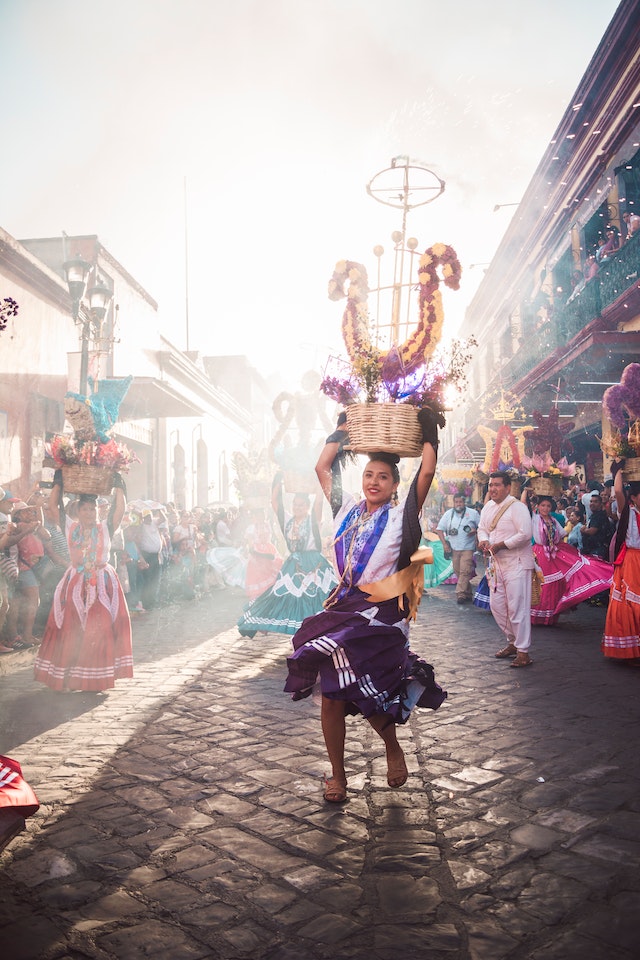
Conclusion
In conclusion, my journey through Mexico has been a remarkable adventure, filled with scenic wonders and cultural revelations. It has also been a transformative language-learning experience, highlighting the profound impact language can have on our travels. From the frustrations of early language barriers to the enriching connections I’ve made through the Spanish I’ve acquired, this journey has taught me that language is the key to unlocking unique experiences. It’s a journey worth undertaking, and I’m grateful for the invaluable support I’ve received from WaraWara Online Spanish School, which has made this learning process both effective and enjoyable. As I continue to explore Mexico and other Spanish-speaking countries, I look forward to further embracing the diversity of cultures and landscapes, all made possible by the language skills I’ve gained. Remember, learning a language takes time and dedication, but the rewards are boundless, turning challenges into triumphs and barriers into bridges to a world of endless possibilities. ¡Vamos! (Let’s go!)
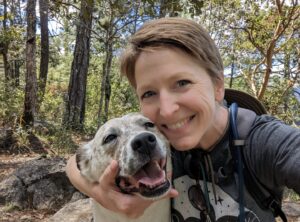
Kimberly McRae
Kimberly is a dog-obsessed digital nomad, working online as a Veterinary Clinic Director. Kimberly has roots in Denver, CO, but has been traveling in an RV throughout Mexico with her two dogs since October 2022.



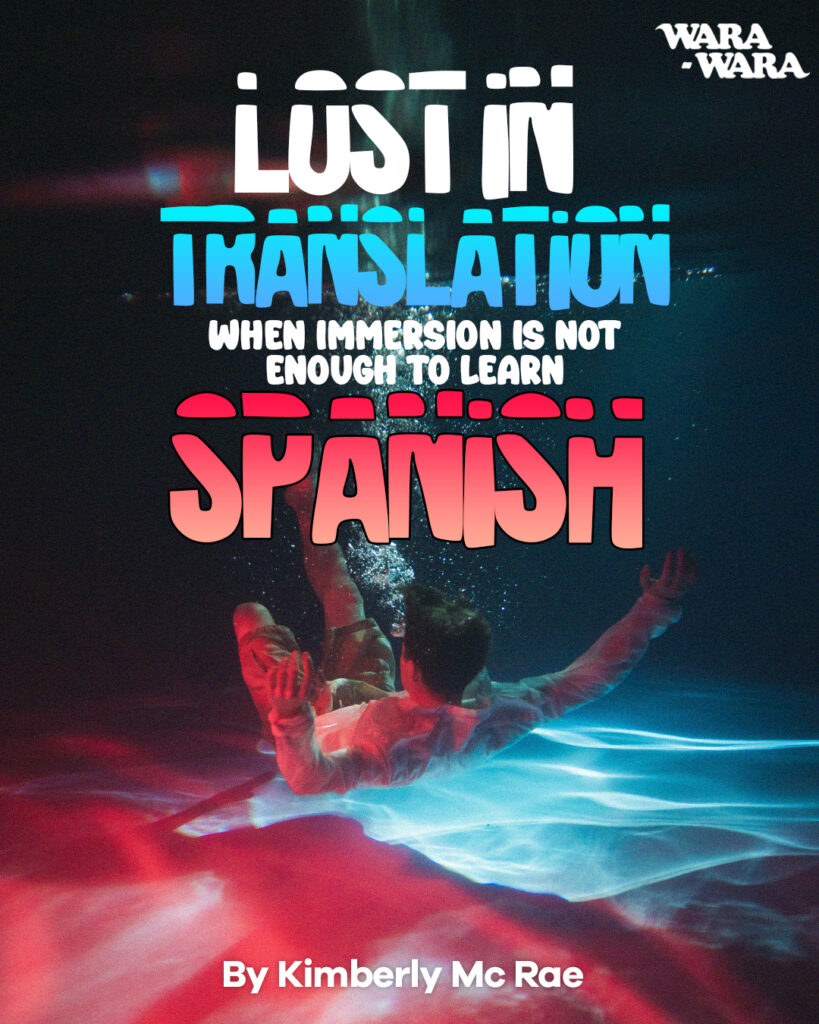

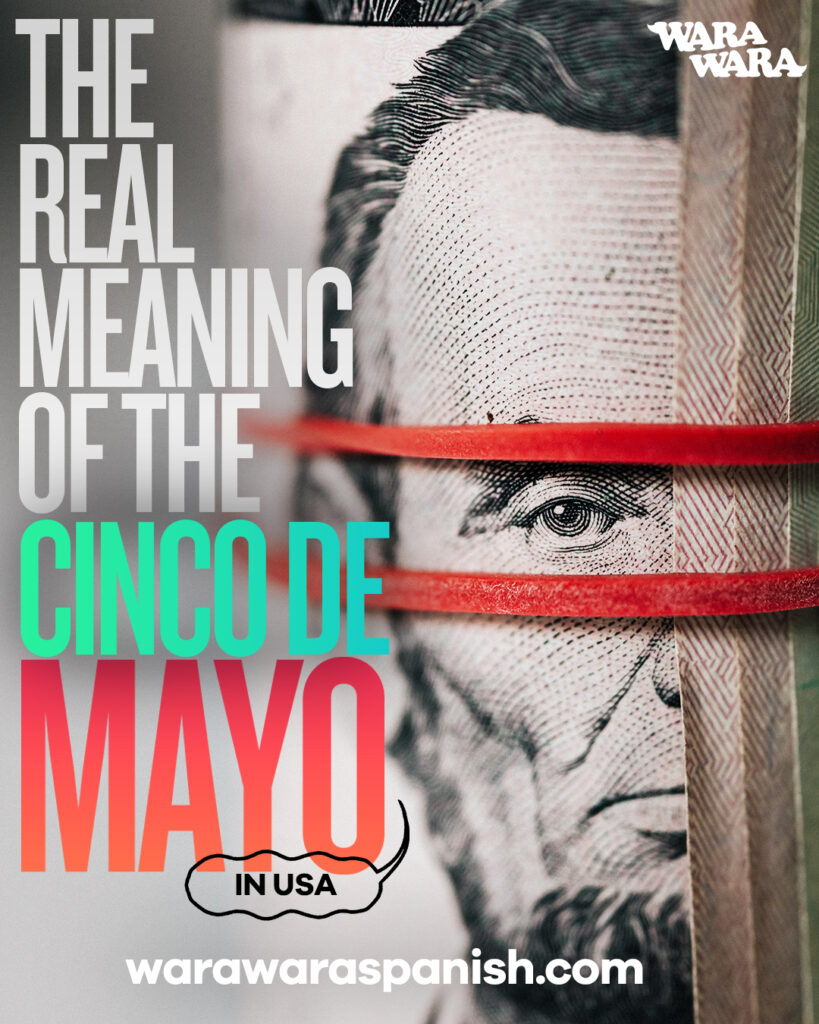
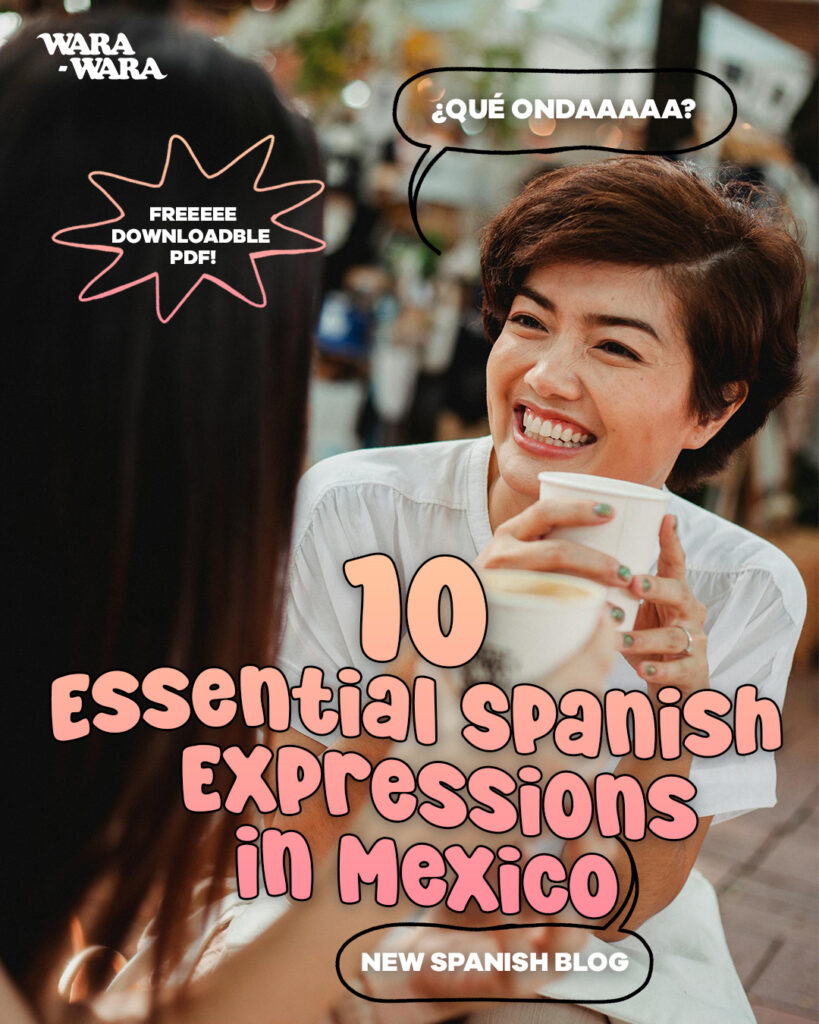


Responses